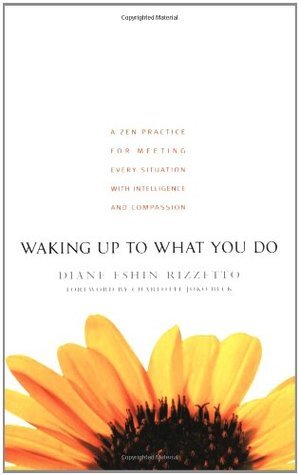Just finished a book by Diane Eshin Rizzetto, student of Charlotte Joko Beck, called “Waking up to what you do”. Nice read and great perspectives on the precepts. I found it helpful at least [emoji4]
Gassho, Michael
Satlah
Gassho, Michael
Satlah

Comment